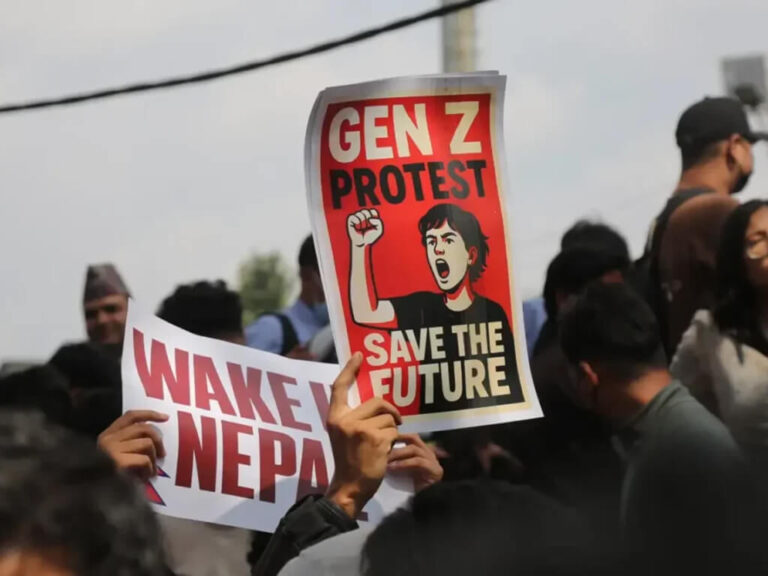Thailand, the constitutional monarchy, once again failed its people. From the day the Move Forward Party, which aims to scrap outdated laws like lese majeste from the Thai constitution, came to light, the authorities have been working to bring it down. Even though the people voted for them and gave them the most seats in last year’s general election, they were denied administration. The party faced many cases, and finally, Thailand’s constitutional court ordered the dissolution of the country’s most popular and promising youth-led party, banning its leaders from politics for ten years over their election promise to reform the country’s strict and often cruel lese-majesty law. It seems the country doesn’t look for any chance to “move forward ”, despite people craving progress.
On Wednesday, the constitutional court unanimously decided to dissolve the party and ban its executive committee, including its charismatic leader Pita Limjaroenrat, from politics for ten years. This decision followed a ruling by the same court in January, which declared the party’s pledge to reform the lese-majesty law unlawful and demanded an end to such efforts. Speaking at the party’s headquarters after the verdict, Pita stated that their movement would continue and that a new party and leadership would be established. The successor party, which Move Forward MPs will join, is expected to be announced on Friday.
Thailand’s courts have often dissolved political parties and banned politicians, and the country has faced two coups since 2006 as part of a continuing power struggle between popular parties and the conservative establishment. Move Forward’s predecessor, Future Forward, was dissolved by a court ruling in 2020 for allegedly violating election funding rules, a decision its supporters argued was politically motivated to remove them from the political landscape. The ruling sparked mass youth-led protests demanding democratic reforms and breaking a longstanding taboo by calling for changes to the royal family. Since then, at least 272 people have been charged with lese-majesty. In May, political activist Netiporn Sanae-sangkhom, 28, who was charged under the law, died in pre-trial detention after a 65-day hunger strike protesting the imprisonment of political dissidents.
Although the dissolution might anger millions of young and urban voters who supported Move Forward and its progressive agenda, the ruling’s impact may be minimal, with only its 11 party executives facing 10-year political bans. Consequently, mass protests similar to those in 2020 may not occur. Hours after the ruling, Move Forward’s leaders announced that the remaining 143 lawmakers would establish a new party on Friday, similar to the response in 2020 when Future Forward, their predecessor, was dissolved.
In Thailand, individuals have faced prosecution for making political speeches, wearing clothing considered to impersonate the royals, or selling satirical cartoons, all under Article 112 of Thailand’s criminal code, known as lese-majeste. In recent years, criticism of this law has grown, largely due to the mass protests that erupted in 2020. During these protests, young people demanded democratic reforms and challenged a deeply ingrained taboo by calling for changes to the monarchy’s role in public life. their key demand was the abolition of the lese-majeste law.
It looks like Thailand’s youth politicians will not compromise with the authorities, and they have the support of the people, as evidenced by last year’s voter turnout. It is clear that a new party with new leadership but the same ideology will emerge in the next election. Sirikanya Tansakun, who is seen as a potential future leader, stated that while the party’s ideology would be preserved, its strategy would be dynamic and adaptable. Even if the constitutional authorities prevent them from participating in the administration and impose bans, the youth, including many from Gen Z who are globally connected through the internet, are not backing down. This cycle will continue until the people dismantle the authority. The constitutional monarchy is an absolute disgrace in the 21st century.








